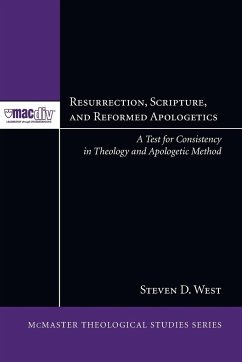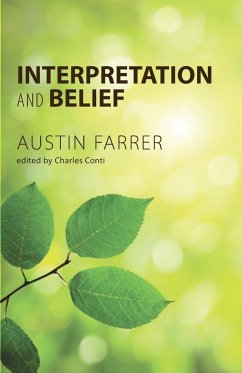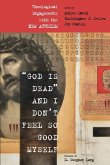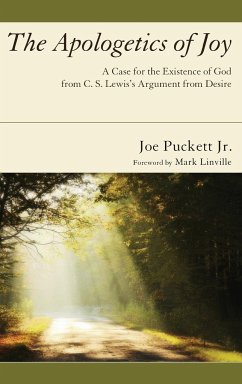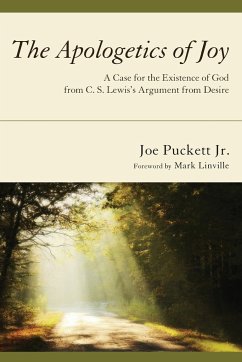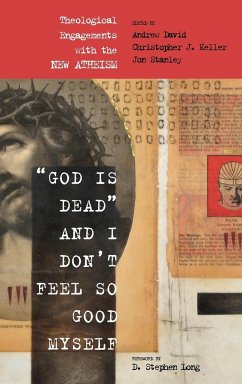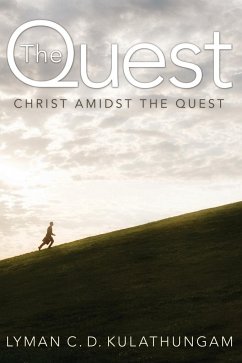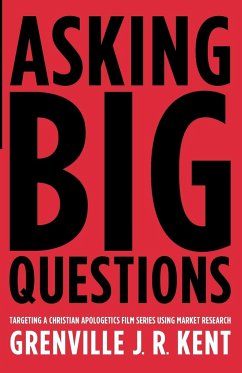Apologetic methodology has been the subject of intense debate in Reformed circles. This book argues that we can test Reformed apologetic methods for consistency using two linchpin theological topics: the doctrine of the resurrection and the doctrine of Scripture. Should apologetics move from establishing theism to the resurrection and then to Scripture? Or should theism, the resurrection, and the doctrine of Scripture be accepted on the testimony of the Holy Spirit as basic beliefs? Alternatively, do these doctrines need to be presupposed and incorporated into a transcendental defense of the faith? After analyzing classical apologetics, historical evidentialism, Reformed epistemology, and presuppositionalism for their apologetic cogency, Steven D. West contends that any method used by Reformed apologists should be able to argue successfully for a high view of Scripture, the source of the doctrine of the resurrection. The book will be useful to everyone interested in the relationship between theology, philosophy, and apologetics.
Bitte wählen Sie Ihr Anliegen aus.
Rechnungen
Retourenschein anfordern
Bestellstatus
Storno

